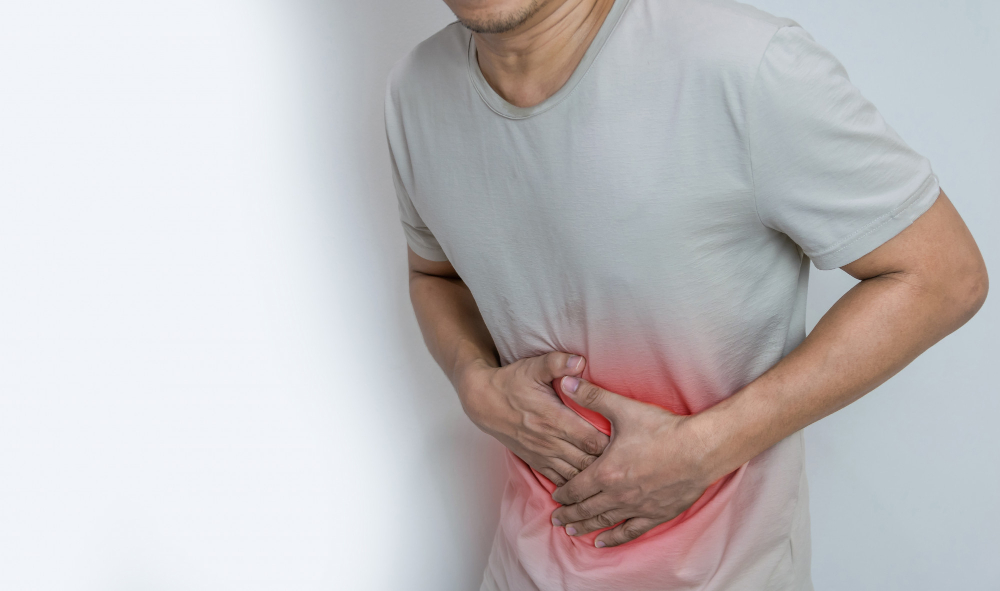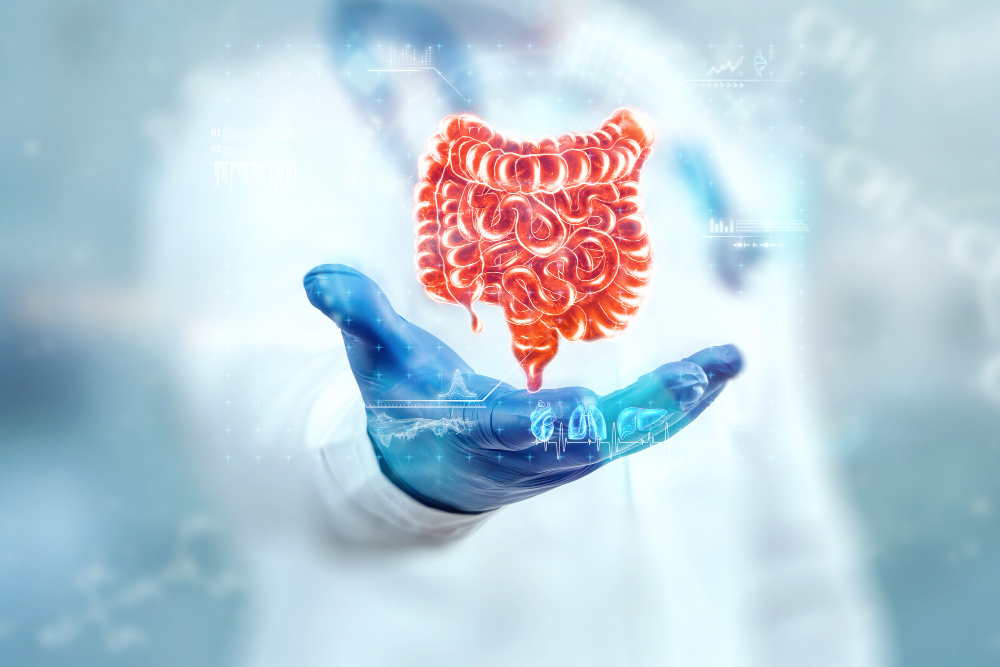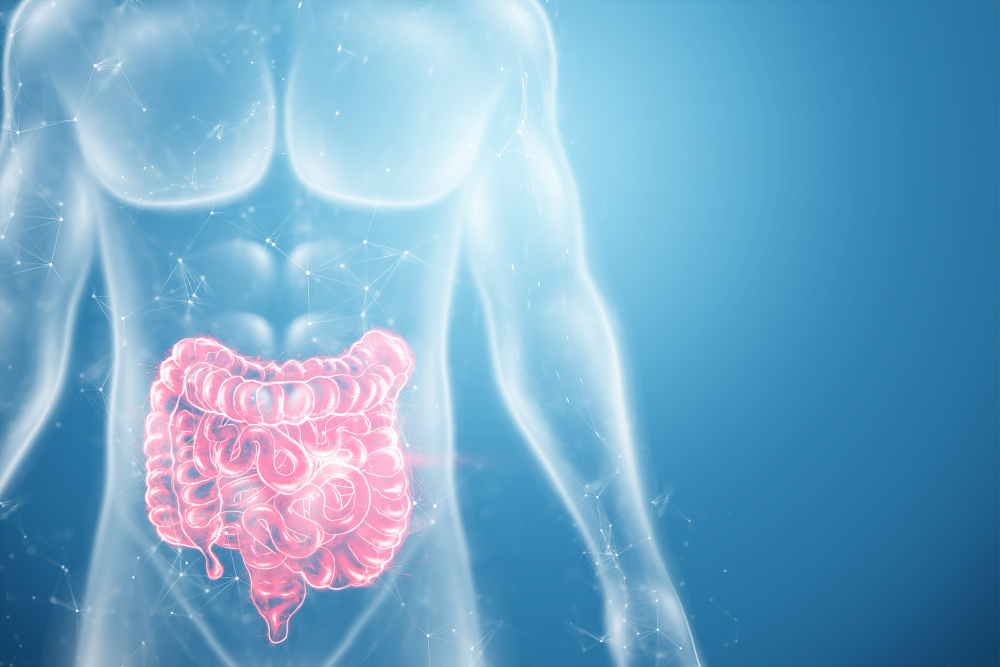What happens with a proctocolectomy?
The elimination of the colon and rectum through surgical intervention is referred to as proctocolectomy. These two sections make up the majority of the large intestine. In the absence of these areas, the surgeon will be required to form an alternate outlet for feces removal. This may entail the use of a colostomy, an ileostomy, or an internal ileal pouch, commonly referred to as a J-pouch.

It is important to have knowledge about Proctocolectomy.
- The removal of your colon, rectum, and anus will result in the creation of an end ileostomy.
- The stoma is a hole in your abdomen that will allow your ileum to pass through, enabling the removal of waste from your body.
- Your stoma will be slightly larger than a 25 cent coin and stick out a bit from your belly. When it is healthy, it will have a pinkish hue and look both damp and glossy.
- A device designed to collect waste will be connected to the stoma and worn constantly, known as an external ostomy pouching system.
- Usually, the standard area for placing an ileostomy is the lower part of the belly, positioned to the right-hand side of the belly button and located beneath the line of a person’s belt.
- After undergoing a surgery, certain individuals may experience a sensation of needing to defecate, just as individuals who have had an amputation can feel as though the missing limb is still present. This phenomenon is referred to as phantom rectum and is considered to be a normal occurrence. It is not necessary to undergo any form of treatment and frequently lessens in severity as time passes.
Why is a proctocolectomy done?
Similar to other forms of surgery for the removal of the bowels, a proctocolectomy is performed to eliminate a specific section of the bowel that is plagued by disease and incapable of functioning effectively or when the disease is causing a risk to the patient’s life.
The conditions that are frequently addressed by proctocolectomy involve:
- Diseases that cause inflammation in the bowels, such as ulcerative colitis and Crohn’s disease.
- Colorectal cancer as well as pre-cancerous conditions like familial adenomatous polyposis are included.
Other possible reasons include:
- Damage to tissue resulting from a lack of blood flow, leading to tissue death.
- Complicated diverticulitis.
- Traumatic injury.
- Severe constipation.

What happens before a proctocolectomy?
A few weeks before the surgery, you will have an opportunity to talk to your healthcare provider about your proctocolectomy. You will have a chance to learn about the various types of proctocolectomies you might qualify for, as well as the advantages and disadvantages of each procedure, unless it is an emergency surgery.
In the two weeks leading up to the surgery, you will be instructed to minimize or discontinue the usage of blood-thinning drugs. Additionally, you will be advised to maintain your intestinal health by incorporating ample dietary fiber and water consumption.
One day before surgery, your healthcare provider may recommend a bowel prep to eliminate waste from your intestines. They will also advise you to stick to a clear liquid diet for the whole day. Additionally, they may also prescribe antibiotics to minimize the risk of infection after surgery.
What Happens During a Proctocolectomy
The majority of proctocolectomies are performed using a laparoscopic method where the surgeon operates through multiple small incisions on the abdomen. This type of surgery results in quicker recovery and less pain compared to open surgery. However, on occasion, medical practitioners conduct an open proctocolectomy that requires a longer incision in the abdomen.
Aside from eliminating the colon and rectum, there are two variations of this operation:
- During a proctocolectomy procedure, the surgeon establishes an end ileostomy by attaching a small intestine’s end to a small abdominal aperture and to an ostomy, an external bag utilized to remove waste.
- A surgical procedure known as proctocolectomy with ilial pouch anal anastomosis involves connecting the rectum and the end of the small intestine.
What to expect after the surgery
Your hospital stay will last for a minimum of 72 hours, and possibly up to a week or more if complications arise. The duration of your hospitalization will be influenced by the type of surgery, whether it is laparoscopic or open, the speed at which your bowels resume function and the pace at which your surgical incisions heal.
Initially, your diet will consist of transparent liquids as your body needs to adapt to the physical alterations post-operation. If everything progresses as planned, within 48 hours, you will most likely be permitted to consume foods with soft textures.
You will receive multiple visits from an educator while you are in the hospital to learn about the proper cleaning and upkeep of your stoma.

Benefits and Risks
The primary advantages of this method involve managing your symptoms, which may lead to an enhancement in your overall well-being.
Although proctocolectomy is generally considered safe, there are potential risks associated with the procedure like any surgery.
- Wounds that heal slowly
- Bleeding
- Infection
- Injury to other internal organs
- Electrolyte problems
- Kidney stones and gallstones
- Problems with peeing or with sex
What is the appropriate time to get medical attention after undergoing proctocolectomy?
Get in touch with your healthcare professional without delay if you encounter any of the following:
- Indicators of an obstruction in the digestive tract include feelings of being unable to pass stool, experiencing abdominal pain, feeling full and having a sensation of wanting to vomit.
- Signs of infection inside or outside the body, for example, stomach ache, enlargement, discharge, and high body temperature.
Ask Your Doctor
- What steps do I need to take beforehand for my proctocolectomy or colectomy?
- What kinds of problems can arise after having an operation?
- Can you tell me if my ostomy will be for a short time only or for the rest of my life?
- What limitations will I be facing post-surgery?
- What is the estimated time frame for my recovery after undergoing a proctocolectomy or colectomy?
- What impact will the operation have on my eating habits and ability to pass stools?
- In what manner and at what point will I become educated on the methods of maintaining and sanitizing my ostomy and stoma?
- What supplies will I need at home?
- Will I need additional surgeries?
Treatment in Türkiye:
The medical staff of surgical teams, doctors and consultants in Rehab Türk can provide the best treatment options and free consultations – by striving to keep abreast of the latest medical technologies and methods.

